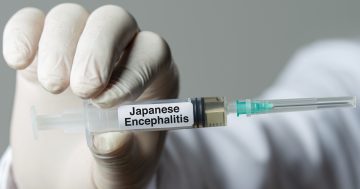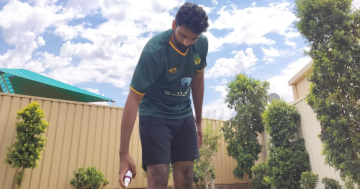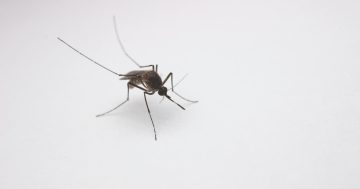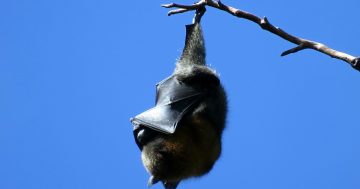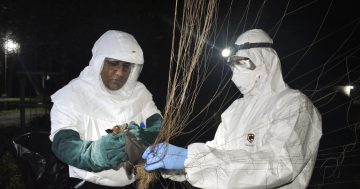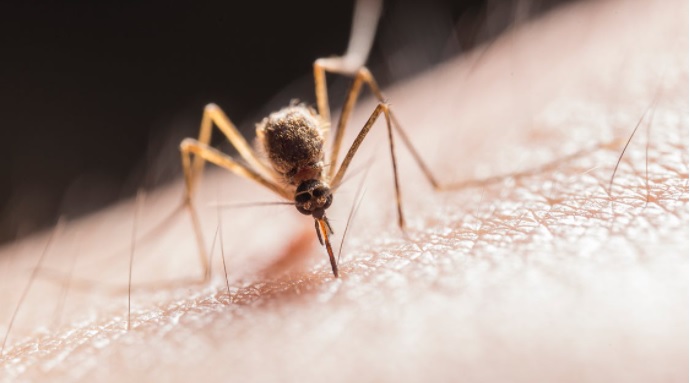
Six piggeries in NSW, one in Queensland and one in northern Victorian have detected Japanese encephalitis in some of their pigs. Photo: File.
A small outbreak of the potentially fatal mosquito-borne Japanese encephalitis has been detected in piggeries across New South Wales, Victoria and Queensland.
Six piggeries in NSW, one piggery in northern Victoria and one in Queensland have detected the virus in some of their pigs but at this stage, there are no known human cases.
About 1 in 100 cases experience symptoms and less than 1 per cent of people experience encephalitis, which could prove fatal and for which there is no known cure.
Medical epidemiologist at the Australian National University, Dr Tony Stewart explained the symptoms to watch for one to two weeks after a mosquito bite.
“Generally, it’s a mild illness and nothing to get excited about. Those people might experience some headaches, joint pain and some might get a rash and a fever,” Dr Stewart said.
“The reason it is a concern is that some people go on to get encephalitis, which is an infection of the brain, where you can get headaches and convulsions and begin to drift into unconsciousness.
“It’s pretty rare and the fact that there aren’t a lot of cases in humans at the moment means that there isn’t a lot of it around, but there could be a whole lot of people who have been infected but they don’t know about it,” he said.
The state and territory health departments have issued warnings regarding the small outbreak which is not yet viewed as a public health issue. Dr Stewart explained why the current outbreak is unique.
“Japanese encephalitis is not a disease you would normally see in Australia. We’ve had the odd case up in the far north from time to time, and there was one up in the Tiwi Islands last year, but it is rare,” Dr Stewart said.
“Normally, it’s a disease you’d see in South East Asian countries.”
While the virus has only been detected in pigs, it is assumed there would be human cases in the community who may not be aware that they’ve contracted the virus.
It can only be acquired from mosquitoes and is not transmissable from another human or a pig.
There is no kown cure for the virus so Dr Stewart said the best thing a person can do is avoid getting it.
Acting Chief Medical Officer Dr Sonya Bennett on Tuesday pleaded with the community to urgently seek medical attention if they begin experiencing symptoms.
“Clinicians should be aware of the possibility of infection caused by JEV in patients in affected areas with encephalitis and refer people for appropriate testing after other common causes have been excluded,” Dr Bennett said.
Dr Bennett revealed planning work for targeted vaccinations had already begun. Two different vaccines are available in Australia for protection against the virus, however, she suggested prevention is always better than a cure and provided simple steps to avoid exposure to infected mosquitos.
“People in areas of high mosquito activity in eastern Australia should use mosquito repellent containing picaridin or DEET on all exposed skin,” she said.
“Wear long, loose-fitting clothing when outside, and ensure accommodation, including tents, are properly fitted with mosquito nettings or screens.”
To report suspected JEV in pigs or other animals, contact your local veterinarian or call the national Emergency Animal Disease Watch Hotline on 1800 675 888.
For more information on JEV in animals, visit Japanese encephalitis
Original Article published by Max O’Driscoll on About Regional.







